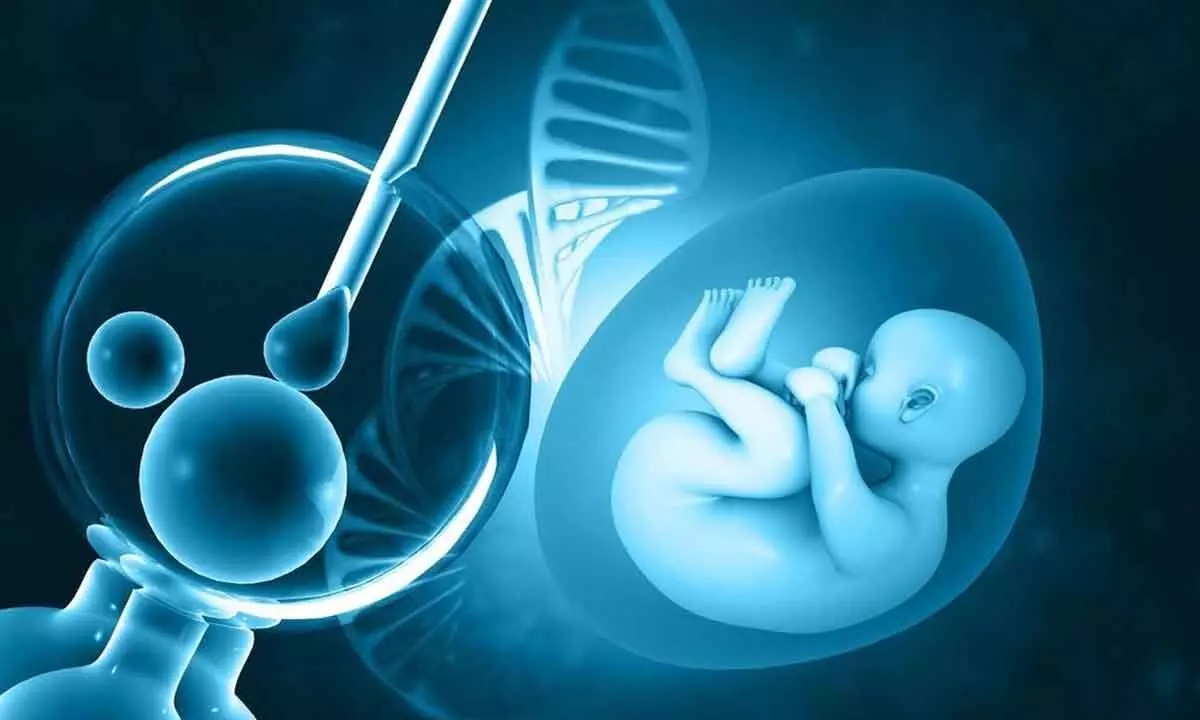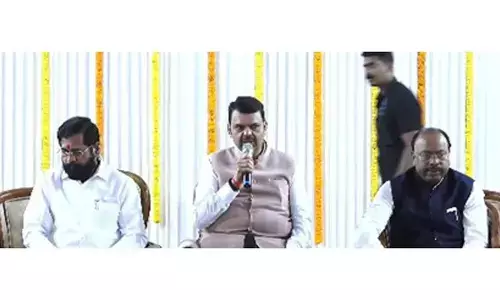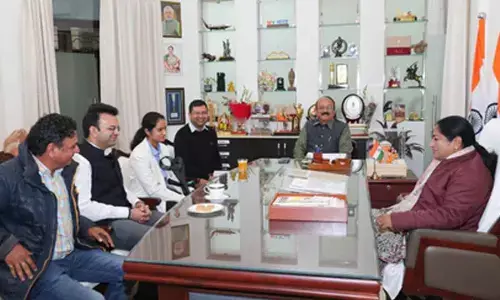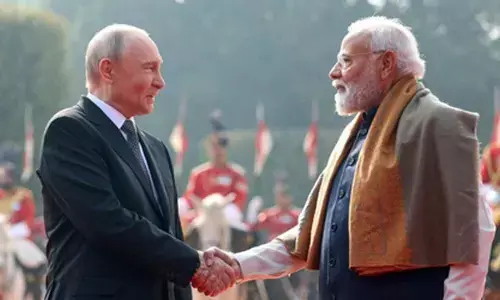Today is World Thalassaemia Day: Can IVF prevent the risk of thalassemia?

In 2019, Pooja and Ankit (name changed) a thalassemia minor couple, planned a second baby to help their first-born child with the genetic disorder, who required blood transfusion on a fortnightly basis.
With a second baby, the couple, aged 33 and 35, from Uttar Pradesh’s Saharanpur, hoped to provide a matching donor for their firstborn, 3 years old, and cure the disorder via stem-cell transplant.
However, to ensure a healthy second baby, they opted for in vitro fertilisation (IVF).
The woman underwent three IVF cycles, each requiring intensive hormonal stimulation. Each cycle entailed daily injections for a minimum of 10-12 days, followed by egg retrieval under anaesthesia.
The process had to be repeated thrice to amass a sufficient pool of 16-18 embryos, ensuring the possibility of identifying at least one embryo free from thalassemia.
Doctors at Jindal IVF, Chandigarh, combined in vitro fertilisation (IVF) technique with Preimplantation Genetic Testing (PGT) -- a breakthrough procedure, reportedly used for the second time in India -- resulting in a healthy newborn on April 4, 2024, and hope for thalassemia major patients.
“IVF PGT is absolutely beneficial for thalassemia and all single gene disorders where the mutation involved is known and probably the only method available which can prevent passing on the affecting mutation to future family generations. It gives us a chance to select a non-affected embryo thus preventing transmission,” Dr Sheetal Jindal, Senior consultant and medical director, at Jindal IVF, Chandigarh, told IANS, ahead of thalassemia day on May 8.
What is thalassemia?
Thalassemia is an inherited blood disorder characterised by abnormal haemoglobin production, leading to anaemia and potentially severe health complications. It is caused by genetic mutations that affect the production of haemoglobin, a crucial component of red blood cells.
Patients require lifelong blood transfusions with at least one unit of blood within a maximum of 20 days.
How can IVF help?
Dr Manju Nair, Clinical Director- Fertility, Cloudnine Group of Hospitals, Bengaluru, Old Airport Road, told IANS that IVF with genetic testing can help reduce the risk of thalassemia by selecting embryos free of genetic mutations.
“This involves testing to identify carriers of thalassemia gene mutations. If both partners are carriers (that is, they carry one abnormal copy of the gene but do not have thalassemia themselves), there is a risk of having a child with thalassemia if both pass on their abnormal genes,” she explained.
Couples with a family history of thalassemia or belonging to ethnic groups with a higher prevalence of thalassemia should consider genetic counselling, before conception or during early pregnancy.
In general cases, screening tests in the first trimester (first 12 weeks) can indicate the presence of such genetic disorders.
“IVF, combined with Preimplantation Genetic Diagnosis (PGD) or preimplantation genetic testing (PGT), can potentially help prevent the risk of thalassemia in certain situations,” Dr Manju said
According to Dr Sheetal the success rate in such patients “is 50-60 per cent and even higher because most of these females are otherwise fertile”.
However, “In IVF, patients have to take multiple injections daily. Also, even after so much effort, we might not get a fully matched embryo, and sometimes more IVF cycles might have to be done. It is also very expensive as the cost of 1 cycle might be 7-8 lakhs,” she added.
“IVF with PGT is a wonderful treatment for couples with known genetic disorders. When I see the suffering parents face with an affected child, I genuinely want to help them. Their whole lifetime, money, and energy revolve around their affected child. In such cases the pain is so much that if someone can afford to some extent it can be a big saviour for the family and can bring happiness and real joy of parenthood,” the doctor said.

















